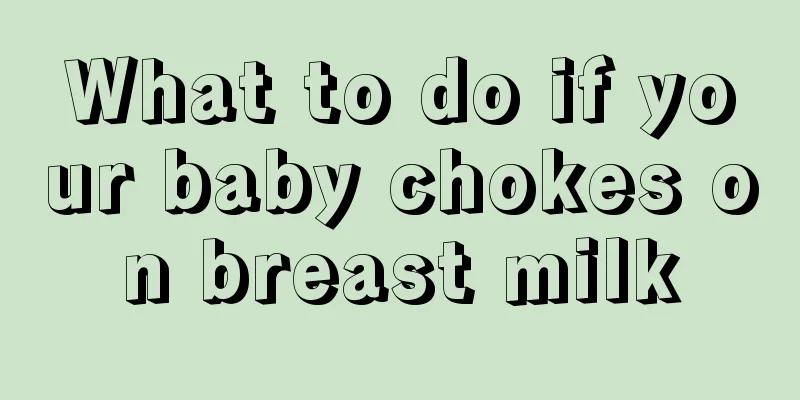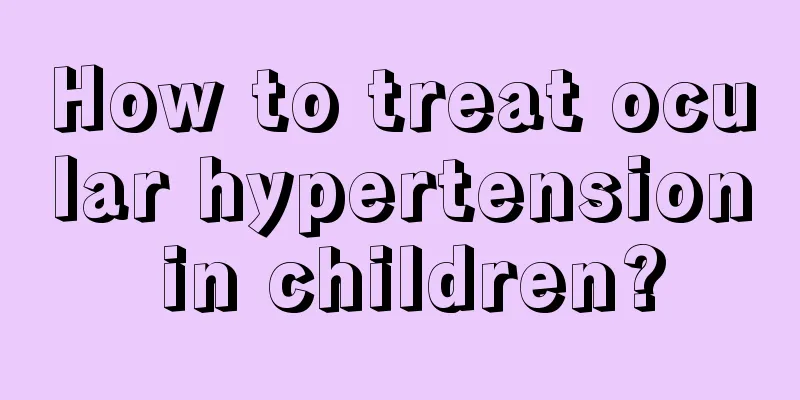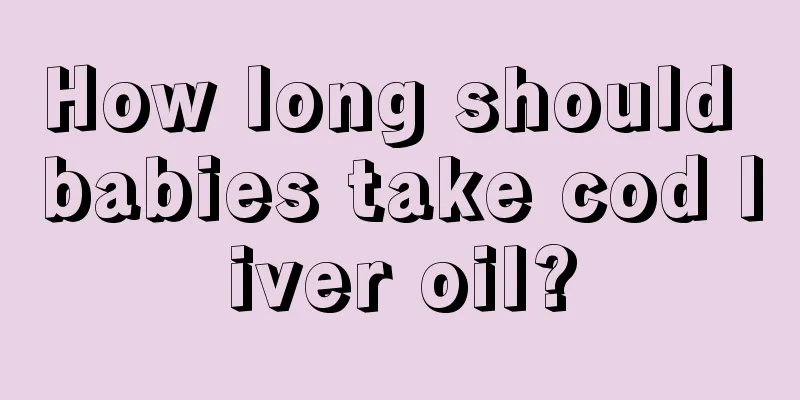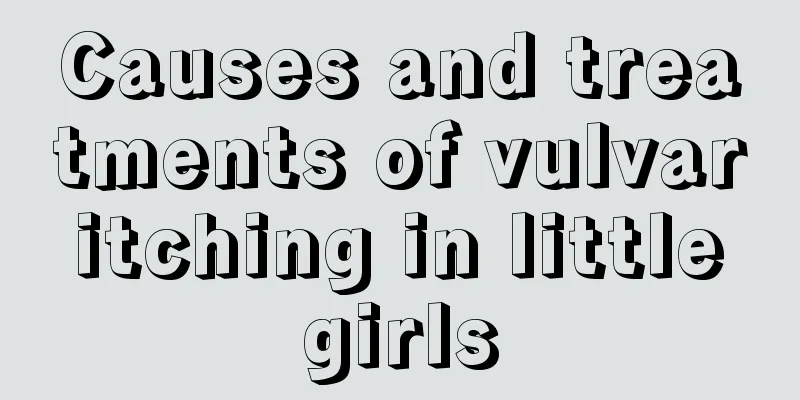Why does the child keep shaking his head?
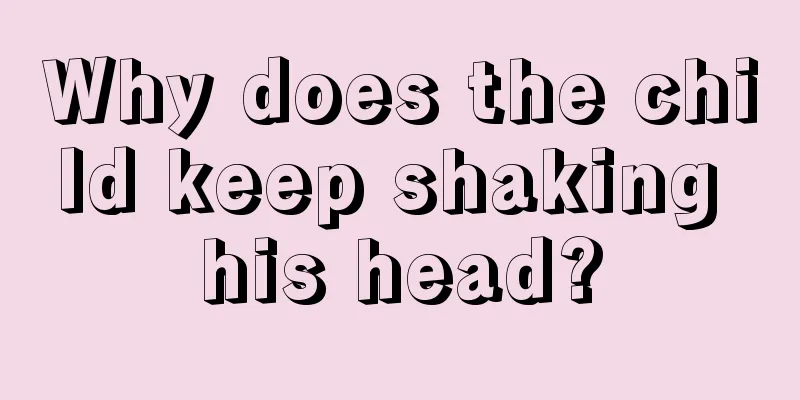
|
As babies grow up, their learning abilities will become stronger and stronger. When they see their family members around them doing some actions, they will curiously learn to do them. However, careful parents will find that some children always shake their heads. Sometimes it is not that the babies are expressing rejection, but more of an uncontrolled shake of the head, which will inevitably make parents worried. If you observe the baby shaking his head for a period of time, you should first consider that this is a learning behavior of the baby, but if you find it for a long time, parents should be cautious. Some children often shake their heads, even bang their heads, and sometimes sway their bodies. This is normal, just like children like to be held and danced. This is the stimulation that children need for the development of their vestibular system. The vestibule is an organ that maintains balance. Most babies will go through a stage of vestibular "self-stimulation", during which they will jump up and down and shake their heads and bodies. 3% to 15% of infants will also hit their heads against other objects. Vestibular self-stimulation usually begins when infants are 6 to 8 months old, which is also the time when vestibular sensitivity reaches its peak. This behavior may disappear in a short period of time or last for a longer period of time. Most children disappear between 1 and 1.5 years old. Intellectual development is cumulative. The vestibular system is one of the earliest senses to develop and accounts for a large part of an infant's early sensory experience. These experiences may play a key role in integrating other senses and movements, and therefore also affect higher-level emotional development and cognitive abilities. It may be a normal physiological phenomenon for babies to shake their heads, and parents do not need to worry too much. However, calcium deficiency (i.e. rickets) in babies can cause shaking their heads. At the same time, babies also have symptoms such as crying, restless sleep, excessive sweating, and night terrors. Acidic sweat irritates the skin, causing babies to shake their heads or rub their heads back and forth on the pillow, forming a circle of hair loss behind the head, which is called "baldness on the pillow." If this is the case and not treated in time, skeletal and muscular lesions will occur. At the same time, attention should be paid to changes such as pectus excavatum and pectus pigeonus. Babies after 8 months will have square heads, delayed fontanelle closure, late teething, and "X" or "O" shaped legs when they start walking. You can give your baby calcium tablets and cod liver oil, and get more sun exposure. Finally, go to the hospital to check the blood calcium level to make sure, and supplement calcium correctly under the guidance of a doctor. |
<<: Why does my baby sweat a lot?
>>: Why does a child bite his tongue when sleeping?
Recommend
Baby has low fever at night and is fine during the day
Some babies seem to be quite active during the da...
What are the early clinical manifestations of children with cerebral palsy?
Cerebral palsy is a very complex disease. The inc...
Should the legs of a newborn be bound?
We all know that many children’s legs will be tie...
Young parents, please pay attention to the symptoms of children with mild cerebral palsy!
For a disease like cerebral palsy, the earlier it...
What anti-inflammatory medicine should be used for children with broken lips
Sometimes, if children are not careful while eati...
Children's inflammation and fever recurring fever
We found that many children have fevers due to in...
Why does my baby have jelly-like diarrhea?
Children's stomachs are relatively fragile be...
Why do children sweat when they sleep?
Why do children sweat while sleeping? Many parent...
What should I do if my child has corneal inflammation?
If an adult's cornea is inflamed, it is calle...
What is the fastest way for primary school students to lose weight?
Now that people's living standards have risen...
What effects does purpura have on children?
If a child at home falls ill, parents will defini...
How to wash a newborn baby's butt
We usually take a bath regularly to maintain pers...
What to do if your child has swollen and painful gums due to inflammation
Not only adults are prone to swollen and painful ...
What are the causes of intestinal hernia in children?
If a child has a hernia, it will greatly affect t...
What does it mean when a child has blue veins on his nose?
When blue veins grow on the bridge of a child'...
